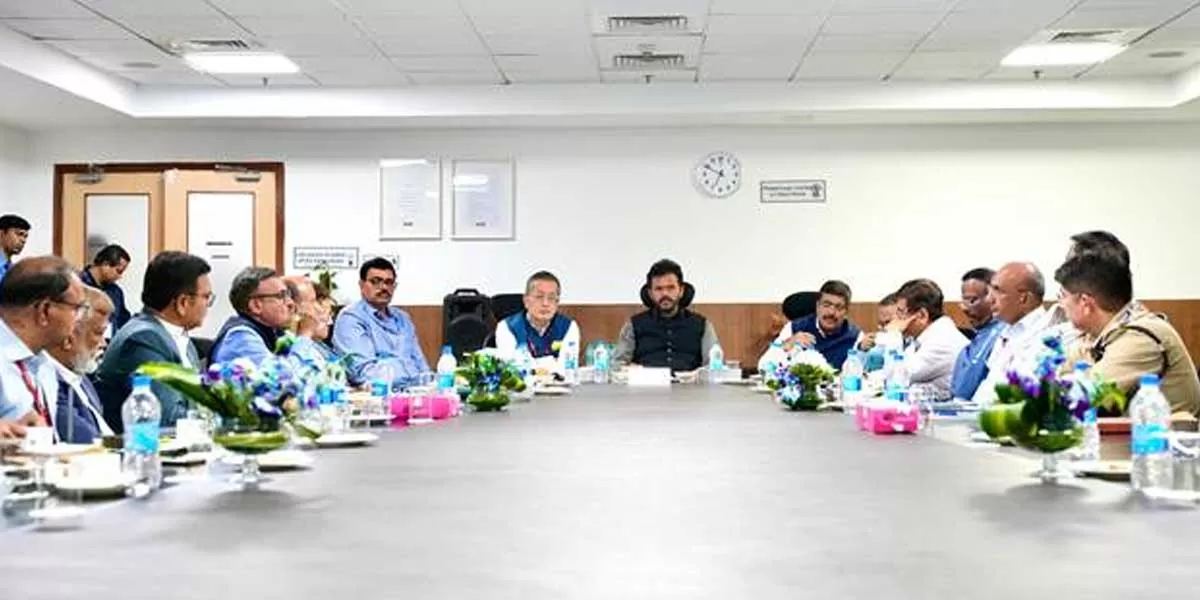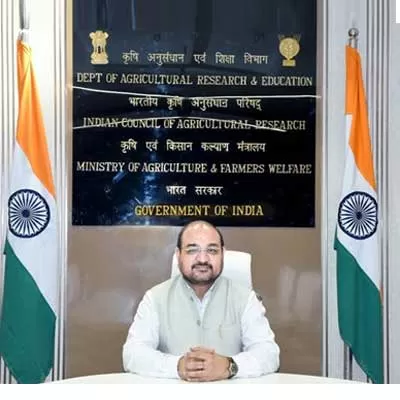
5% zero carbon marine fuel mix target by 2030 advocated by India

Civil Aviation Minister Reviews Delhi Airport Runway Upgrade Progress
Union Civil Aviation Minister Shri Ram Mohan Naidu chaired a high-level stakeholder meeting at Delhi Airport to assess the operational challenges arising from the upgradation of runway 10/28 and the impact of unexpected westerly winds. Attendees included officials from the Ministry of Civil Aviation, Airports Authority of India (AAI), DGCA, Delhi International Airport Limited (DIAL), airline representatives, and CISF personnel.The Minister emphasised the need to minimise disruptions to passenger movement and airline operations, urging all stakeholders to engage in collaborative and comprehensi..

Dr Mangi Lal Jat Appointed as Secretary, DARE and DG, ICAR
Dr Mangi Lal Jat, a renowned agronomist and global expert in sustainable agriculture, has officially taken charge as the Secretary of the Department of Agricultural Research and Education (DARE) and Director General of the Indian Council of Agricultural Research (ICAR). The appointment, approved by the Appointments Committee of the Cabinet, is for a tenure of three years.Prior to this, Dr Jat served as Deputy Director General (Research) and Director of the Global Research Program at ICRISAT, Hyderabad. With over 25 years of experience in agronomy, climate-resilient agriculture, and conservatio..

Transforming Real Estate with Sustainable Choices
The times are changing for the construction industry. Once associated with high carbon emissions, energy consumption, and waste, they are now waking up to the environmental cost of traditional practices. Companies are now looking to be a part of the solution instead of the problem. Using recycled materials in building projects is one of the most accessible yet significant changes. This one change has the potential to lower project costs, energy consumption, and landfill usage. Giving Old Materials a New PurposeRecycled building materials aren’t just scraps from old sites. These material..














